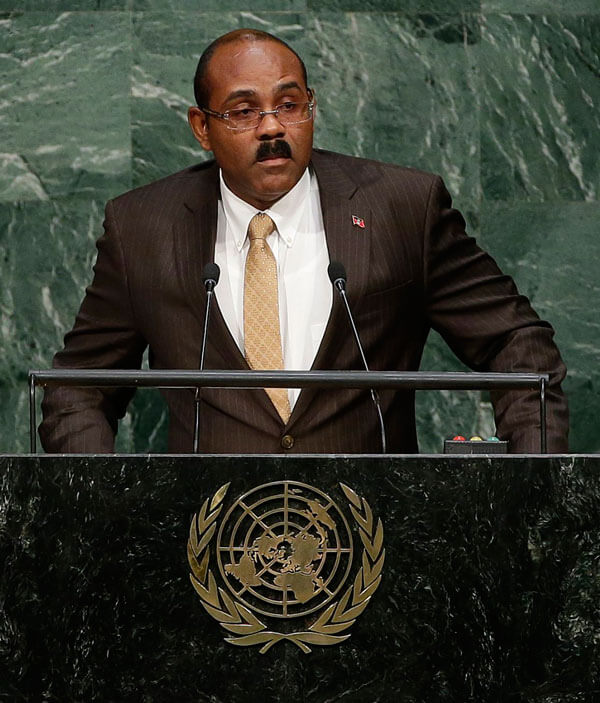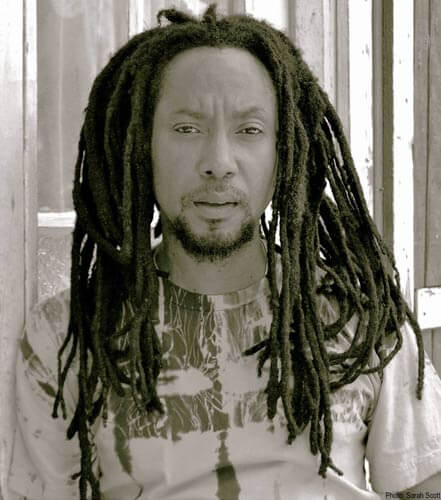Forced to look for alternative ways of raising revenue for development purposes, some Caribbean trade group nations are coming up with novel ways to get around worrying cash flow problems.
Twenty years ago, many of the member states sent banana shipments to the European Union. Others made foreign exchange by selling sugar, rice, nutmegs and spices but international export trade regimes have been altered so badly that national coffers have virtually dried up.
Today, governments particularly those in the Eastern Caribbean sub economic grouping, are selling national passports and citizenship to make money despite the attendant risks that people with dubious backgrounds and those linked to terror organizations could end up being part of the national fabric.
For example, the administration of Prime Minister Gaston Browne in Antigua was just this week forced to cancel a passport and citizenship it had sold to a Chinese national after discovering that she had lied on background information forms linked to whether she had ever been denied an American visa. Officials say she would also have to forfeit the more than $200,000 she had paid to obtain citizenship rights.
The passport route is commonly referred to as Citizenship by Investment Program (CIP) and offered by St. Kitts, Grenada, Antigua, Dominica and St. Lucia where the administration of Prime Minister Kenny Anthony has just announced plans to become the latest country to offer the program worldwide.
In most of the cases ordinary citizens or business folk from countries where it is tough to get travel visas to western countries like the US and Britain, the Caribbean Asia and South America, have the option of paying between $250,000 and up to $1.5 M to obtain a passport, citizenship and hassle free travel as though they are natives of their new found homes.
In Antigua’s case, just over 500 passports have been sold to people from 38 countries in the past year and a half netting about $65M in revenues. Revenues from 416 of the 510 passports sold have been placed in a special provident fund Prime Minister Browne told local legislators.
As expected, Chinese nationals account for nearly half of the amount-213 in all, 58 from Lebanon and 33 from Russia. Much smaller amounts have been purchased by citizens of Yemen, Dubai, Afghanistan and even Venezuela.
The U.S. and other western nations have expressed concerns about the CIP especially after a few people of questionable backgrounds and of interest to law enforcement agencies turned up at airports with newly purchased Caribbean passports only to be stopped by immigration and security officials.
Foreigners jump at the idea of buying a passport and citizenship because nationals from the countries of sale often travel visa free to other countries or have little difficulty obtaining entry visas so website extol the virtues of easy access to more than 130 countries around the world.
And getting ready to join this ‘elite’ group of nations looking for new ways to raise revenues is St. Lucia.
Its senate approved a passport bill in early August. Security Minister Victor Phillip La Corbiniere said the move “will boost St. Lucia’s economy. We know that the program has the potential to generate significant sums of money. It is important particularly at this time in terms of the economic realities of the world and economic realities of St. Lucia to look at various modalities such as this to raise the requisite revenue.”
Other countries like neighboring St. Vincent have balked at the idea but it is unclear whether the opposition if it wins general elections slated for later this year will opt to go this route as its banana export industry has fallen on hard times like its sister bloc islands.


























